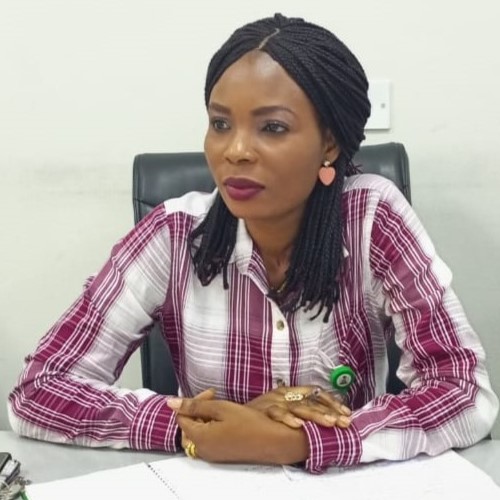
The Edo State Government, through its Ministry of Social Development and Gender Issues (MSDGI), has taken steps to improve the operations of orphanages by convening a meeting with their proprietors and managers in Edo South. The event, held at the Ministry’s offices in Benin City, aimed to familiarize participants with the state’s policies and guidelines for managing orphanages.
Commissioner Hon. Christabel Ekwu, in her opening remarks, highlighted the importance of compassion and genuine care for vulnerable children as the foundation of running an orphanage, emphasizing that it is not a profit-driven venture.
Ekwu also announced the ministry’s plans to enhance support for orphanages in the state by increasing the number of homes benefiting from government assistance. To support the holistic development of children, she revealed that the Ministry, in partnership with the Ministry of Digital Economy, Science, and Technology, would be launching a STEM (Science, Technology, English, and Mathematics) program. This initiative is designed to provide children with valuable skills and spark interest in STEM fields during their school holidays.
The Commissioner stressed the importance of reunifying children with stable families, whether through biological relatives or adoption, as a key objective. She reminded operators that orphanages are temporary care facilities, and children should not remain there indefinitely. “Families are important; children cannot remain in homes forever. The exit point is very crucial in what we do,” she stated.
Ekwu further urged operators to maintain accurate records of their activities and promptly notify the Ministry of any new arrivals or notable events. She also cautioned against fraudulent individuals pretending to have Ministry authorization for adoptions, clarifying that all adoption procedures are strictly overseen by the Ministry to ensure proper supervision and monitoring.
Permanent Secretary Babara Osobajo underscored the state’s commitment to modernizing operations through digitalization. She announced plans to digitize the Ministry’s processes, including creating an online portal for registration and maintaining detailed medical and educational records of the children. This effort aims to improve caregiving standards and facilitate partnerships with government agencies, organizations, and philanthropists.
Osobajo emphasized the state’s strict stance on ensuring compliance with established standards, warning that homes falling short of these benchmarks could face closure. She noted that during a recent audit, non-compliant orphanages were shut down, showcasing the government’s dedication to safeguarding children’s welfare.
Finally, Osobajo encouraged operators to embrace the resilience and determination for which Edo people are known, reminding them of the profound impact their work has on young lives. “This is not an easy calling, but let’s apply the tenacity we are known for as Edo people, knowing that we are shaping lives and futures. Posterity will remember us for good,” she concluded.


